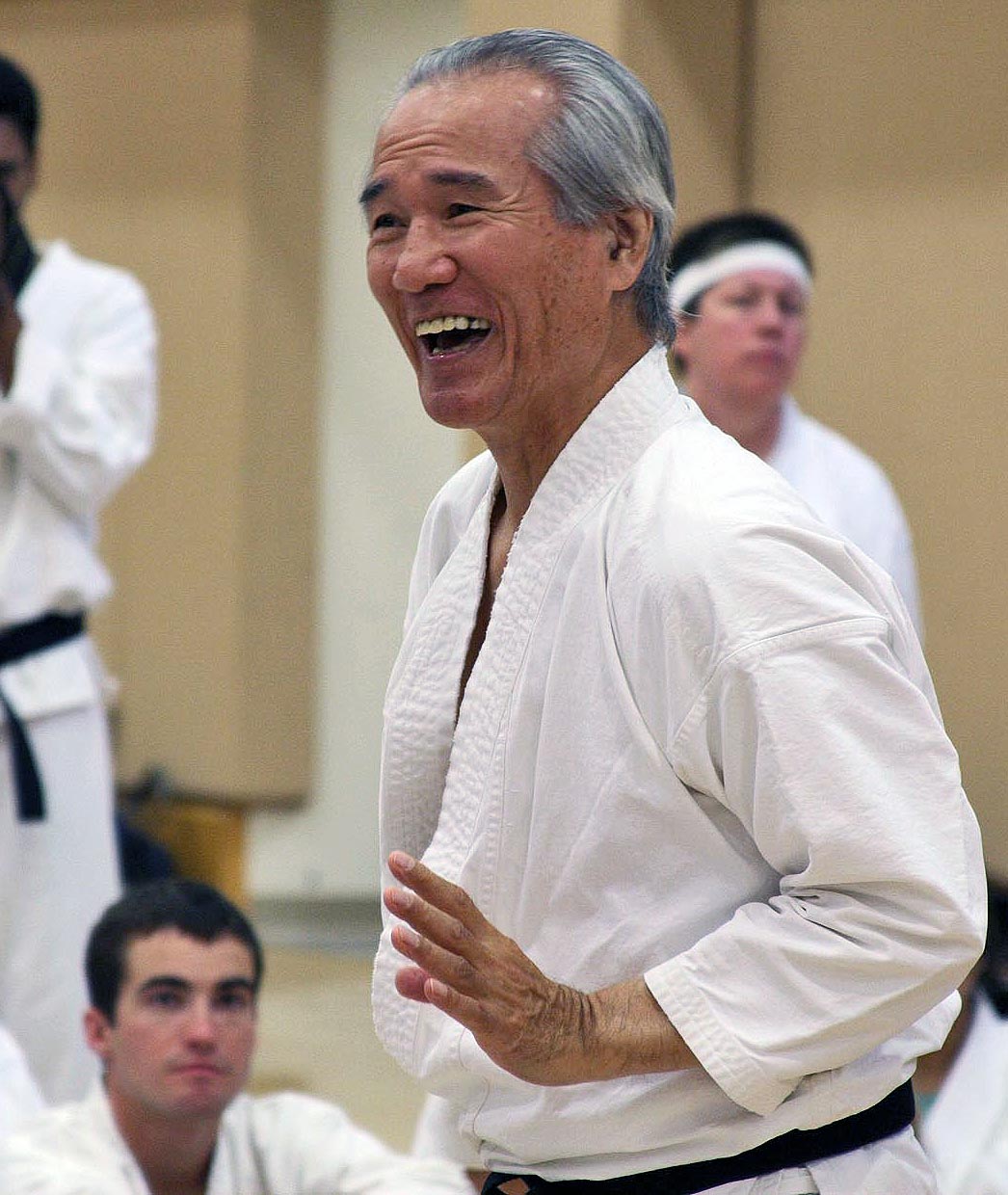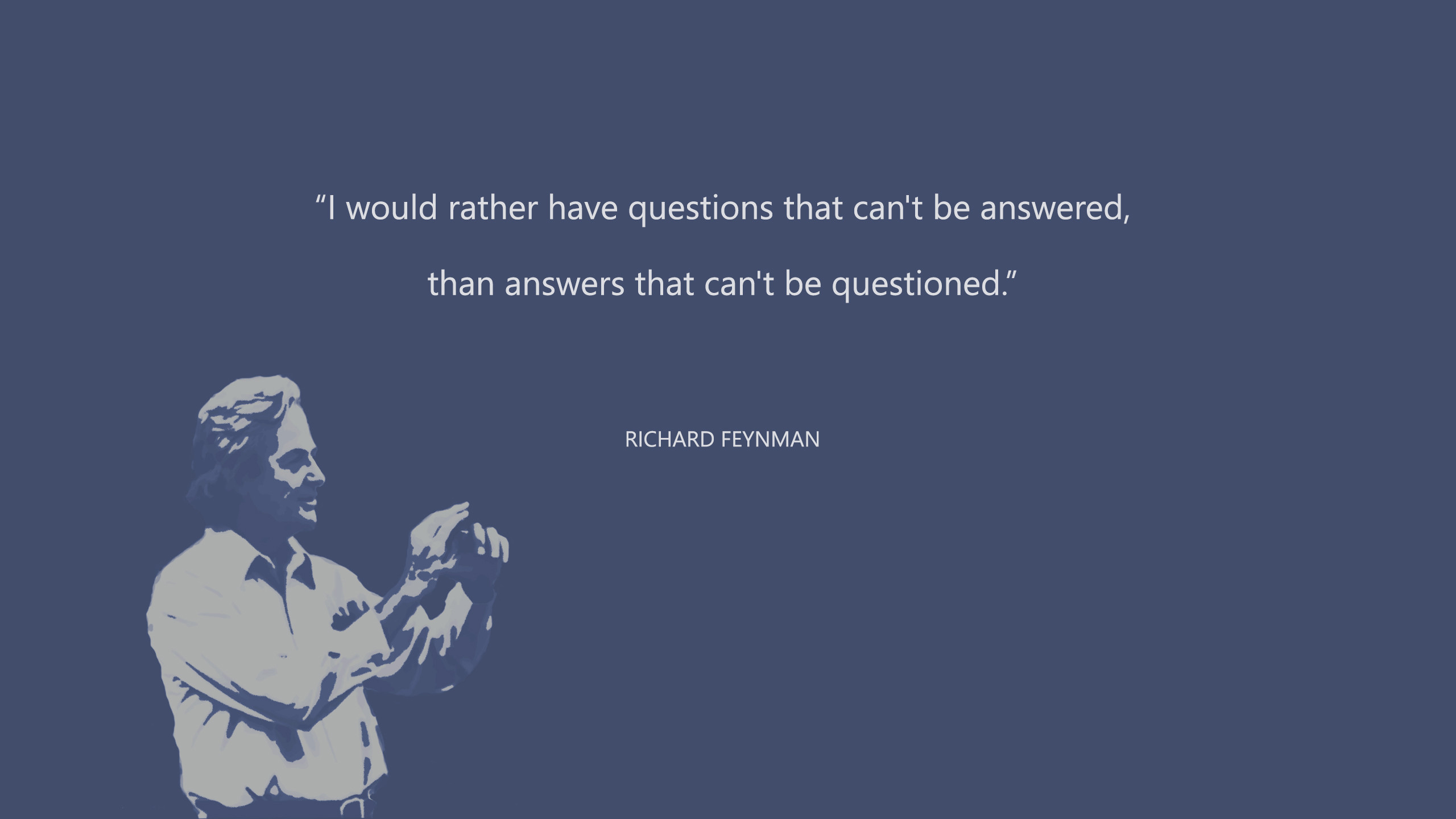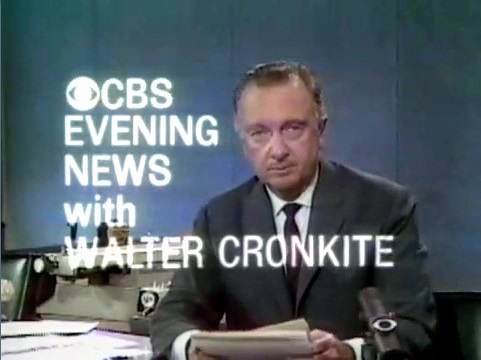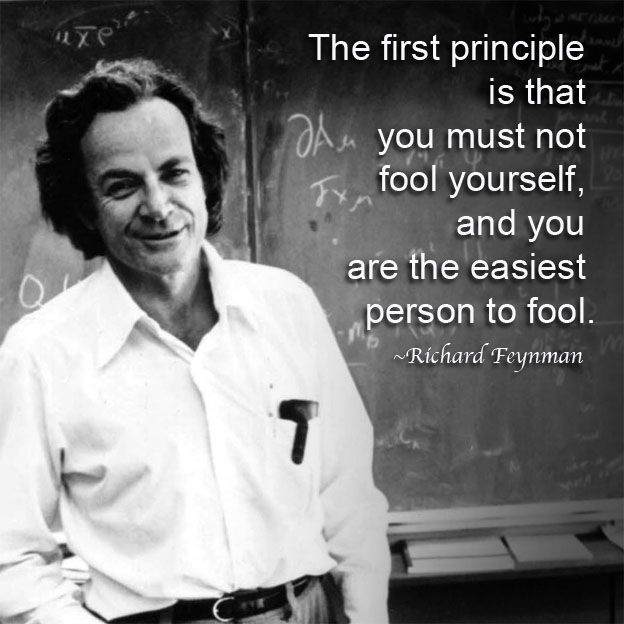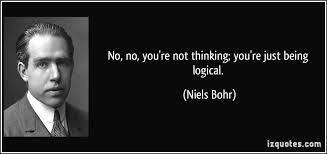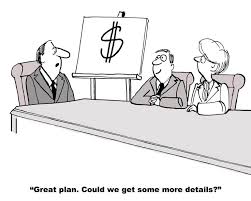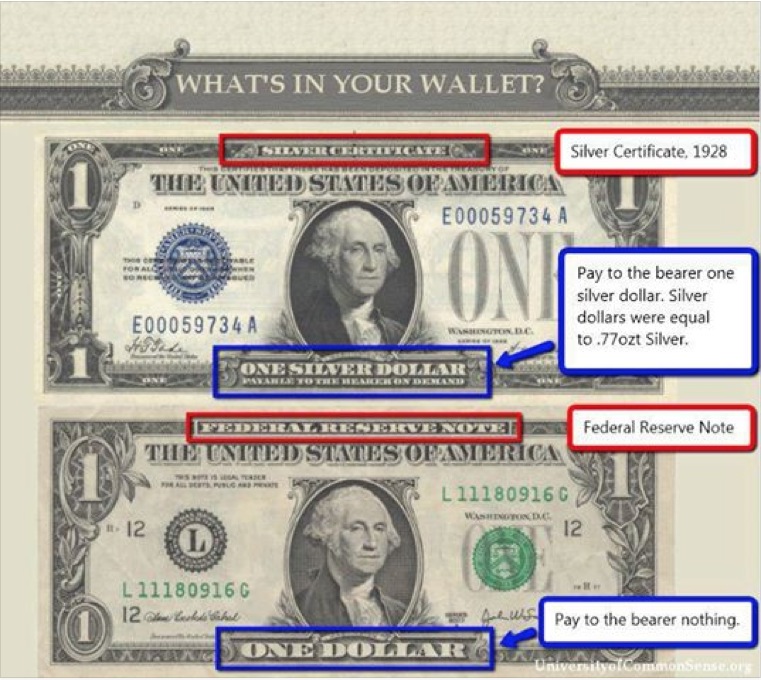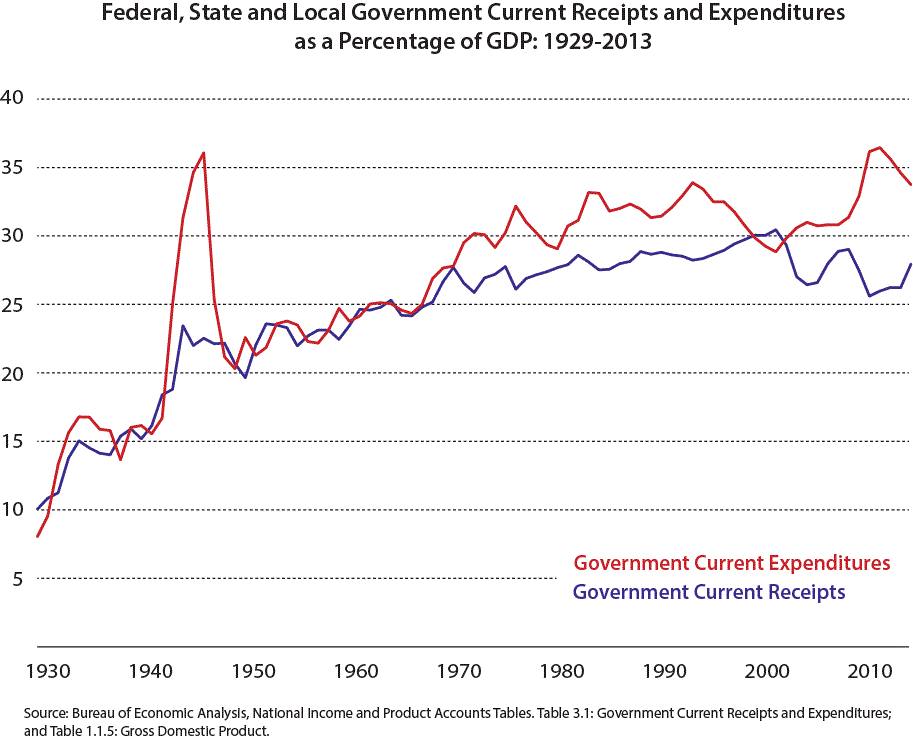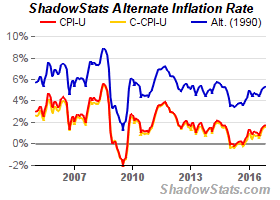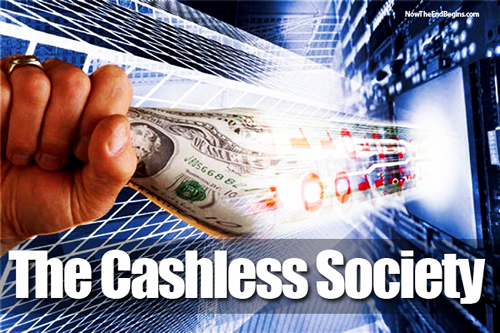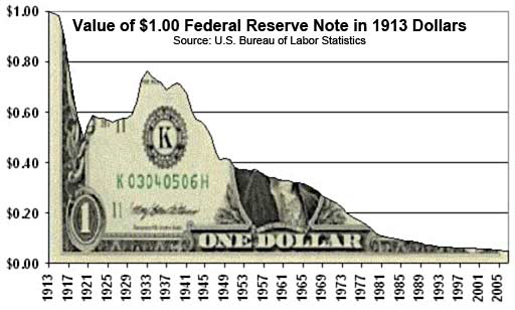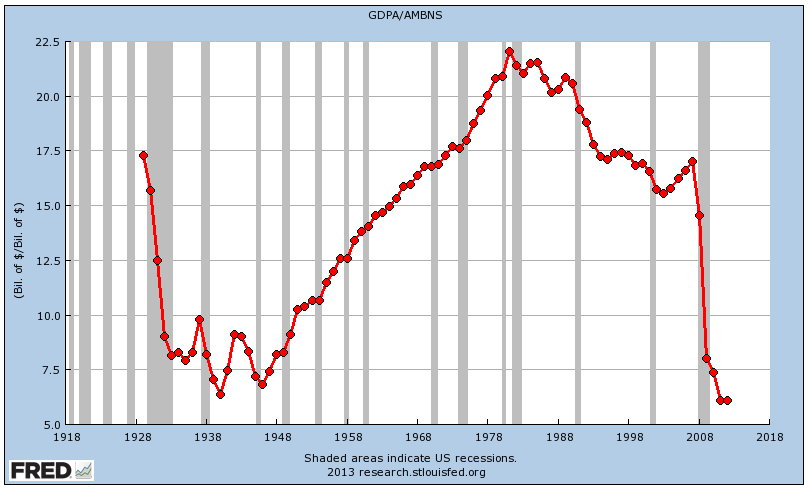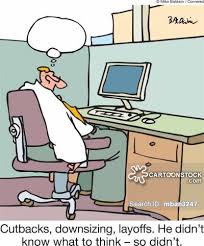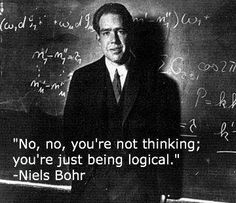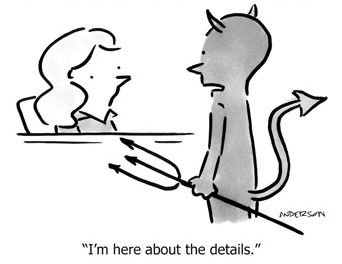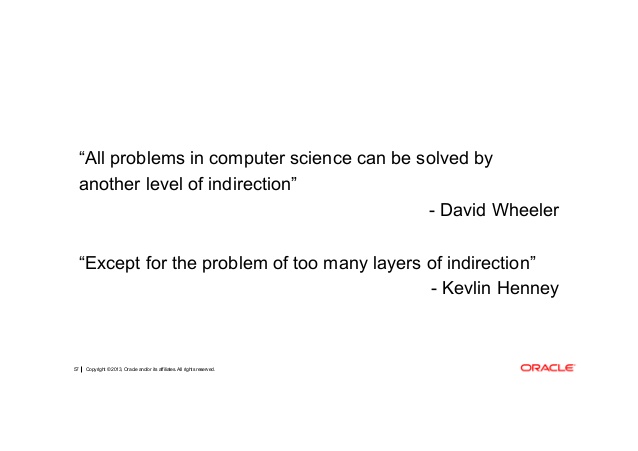 by
by 
From Nassim:
What we have been seeing worldwide, from India to the UK to the US, is the rebellion against the inner circle of no-skin-in-the-game policymaking “clerks” and journalists-insiders, that class of paternalistic semi-intellectual experts with some Ivy league, Oxford-Cambridge, or similar label-driven education who are telling the rest of us 1) what to do, 2) what to eat, 3) how to speak, 4) how to think… and 5) who to vote for.
But the problem is the one-eyed following the blind: these self-described members of the “intelligenzia” can’t find a coconut in Coconut Island, meaning they aren’t intelligent enough to define intelligence and fall into circularities—but their main skills is capacity to pass exams written by people like them. With psychology papers replicating less than 40%, dietary advice reversing after 30 years of fatphobia, macroeconomic analysis working worse than astrology, the appointment of Bernanke who was less than clueless of the risks, and pharmaceutical trials replicating at best only 1/3th of the time, people are perfectly entitled to rely on their own ancestral instinct and listen to their grandmothers (or Montaigne and such filtered classical knowledge) with a better track record than these policymaking goons.
Indeed one can see that these academico-bureaucrats wanting to run our lives aren’t even rigorous, whether in medical statistics or policymaking. They can't tell science from scientism --in fact in their eyes scientism looks more scientific than real science. (For instance it is trivial to show the following: much of what the Cass-Sunstein-Richard Thaler types—those who want to “nudge” us into some behavior—much of what they call “rational” or “irrational” comes from their misunderstanding of probability theory and cosmetic use of first-order models.) They are prone to mistake the ensemble for the linear aggregation of its components as we saw in the chapter extending the minority rule.
The Intellectual Yet Idiot is a production of modernity hence has been accelerating since the mid twentieth century, to reach its local supremum today, along with the broad category of people without skin-in-the-game who have been invading many walks of life. Why? Simply, in many countries, the government’s role is ten times what it was a century ago (expressed in percentage of GDP). The IYI seems ubiquitous in our lives but is still a small minority and rarely seen outside specialized outlets, social media, and universities—most people have proper jobs and there are not many opening for the IYI.
Beware the semi-erudite who thinks he is an erudite.
The IYI pathologizes others for doing things he doesn’t understand without ever realizing it is his understanding that may be limited. He thinks people should act according to their best interests and he knows their interests, particularly if they are “red necks” or English non-crisp-vowel class who voted for Brexit. When Plebeians do something that makes sense to them, but not to him, the IYI uses the term “uneducated”. What we generally call participation in the political process, he calls by two distinct designations: “democracy” when it fits the IYI, and “populism” when the plebeians dare voting in a way that contradicts his preferences. While rich people believe in one tax dollar one vote, more humanistic ones in one man one vote, Monsanto in one lobbyist one vote, the IYI believes in one Ivy League degree one-vote, with some equivalence for foreign elite schools, and PhDs as these are needed in the club.

More socially, the IYI subscribes to The New Yorker. He never curses on twitter. He speaks of “equality of races” and “economic equality” but never went out drinking with a minority cab driver. Those in the U.K. have been taken for a ride by Tony Blair. The modern IYI has attended more than one TEDx talks in person or watched more than two TED talks on Youtube. Not only will he vote for Hillary Monsanto-Malmaison because she seems electable and some other such circular reasoning, but holds that anyone who doesn’t do so is mentally ill.
The IYI has a copy of the first hardback edition of The Black Swan on his shelves, but mistakes absence of evidence for evidence of absence. He believes that GMOs are “science”, that the “technology” is not different from conventional breeding as a result of his readiness to confuse science with scientism.
Typically, the IYI get the first order logic right, but not second-order (or higher) effects making him totally incompetent in complex domains. In the comfort of his suburban home with 2-car garage, he advocated the “removal” of Gadhafi because he was “a dictator”, not realizing that removals have consequences (recall that he has no skin in the game and doesn’t pay for results).
The IYI is member of a club to get traveling privileges; if social scientist he uses statistics without knowing how they are derived (like Steven Pinker and psycholophasters in general); when in the UK, he goes to literary festivals; he drinks red wine with steak (never white); he used to believe that fat was harmful and has now completely reversed; he takes statins because his doctor told him so; he fails to understand ergodicity and when explained to him, he forgets about it soon later; he doesn’t use Yiddish words even when talking business; he studies grammar before speaking a language; he has a cousin who worked with someone who knows the Queen; he has never read Frederic Dard, Libanius Antiochus, Michael Oakeshot, John Gray, Amianus Marcellinus, Ibn Battuta, Saadiah Gaon, or Joseph De Maistre; he has never gotten drunk with Russians; he never drank to the point when one starts breaking glasses (or, preferably, chairs); he doesn’t know the difference between Hecate and Hecuba; he doesn’t know that there is no difference between “pseudointellectual” and “intellectual” in the absence of skin in the game; has mentioned quantum mechanics at least twice in the past 5 years in conversations that had nothing to do with physics; he knows at any point in time what his words or actions are doing to his reputation.

But a much easier marker: he doesn’t deadlift...
<--- Not a IYI!
Whew... well I must admit Nasim, I've never read Frederic Dard, Libanius Antiochus, Michael Oakeshot, John Gray, Amianus Marcellinus, Ibn Battuta, Saadiah Gaon, or Joseph De Maistre, but I have gotten drunk with a Russian, and (used to) deadlift (when my back was younger) 😉
Now if you'll excuse me, I have to get back to my Hecate and Hecuba studies...

By George Friedman
Donald Trump has been elected president of the United States. The extent of the bewilderment is significant. The pollsters were shocked. The media was surprised. The financial markets were stunned. Many in the Republican Party were astonished. And the Democratic Party was totally taken off guard. The thought that a man with Trump’s values and behavior could become president was, to many, unthinkable. I do not mean that they disagreed with him, or hoped that Trump would lose. They thought it inconceivable that a man like Trump could win.

Republican President-elect Donald Trump delivers his acceptance speech during his election night event at the New York Hilton Midtown in the early morning hours of Nov. 9, 2016 in New York City. Donald Trump defeated Democratic presidential nominee Hillary Clinton to become the 45th president of the United States. Mark Wilson/Getty Images
That is the reason Hillary Clinton lost. The Democratic Party that nominated her has moved far away from the party that Franklin D. Roosevelt crafted or that Lyndon B. Johnson had led. Their party had as its core the white working class. The liberalism of FDR and LBJ was built around this group, with other elements added and subtracted. Much has been said about this group having become less important. Perhaps so, but it is still the single largest ethnic and social group in the country.
This group, as I have argued before, is in trouble. The middle class, with a median take-home pay in California of about $4,300 a month, can buy a modest house and a car but certainly can’t afford to send their kids to college. Hence the massive student loans their children must take out. The lower-middle class has a take-home pay of about $2,600 a month. A generation ago the lower-middle class could buy a small house in a not-so-great neighborhood. Now they are hard pressed to rent an apartment. Liberals are concerned with inequality. People in the lower-middle class are simply concerned with making enough money to live a decent life. They are two very different things.
Trump, it turns out, understood this problem. He also understood that these people had lost the culture wars that had been waged for the past generation. Their churches and parents raised and taught them that homosexuality is a sin, as is abortion and premarital sex. Evangelical Christianity wasn’t so much the issue, but rather the gut values with which they were raised. Many of this class had sinned, but they knew it was a sin and they valued the standards they’d been taught, even when they didn’t live up to them.
Within a generation, this lower- and middle-class group had been displaced. Pride that comes from working hard and making a good living for their families was lost. They found that values they had regarded as commonplace were now regarded as phobias, illnesses they must overcome in order to be politically correct. Values they were taught as children could no longer be expressed in public.
This middle-class group no longer had a place in the Democratic Party. They felt the Democratic Party not only had contempt for them, but also that it valued immigrants, and the rights and culture of immigrants, far more than it valued the beliefs of the white middle class. That was true, but it was not the immigrants the party valued, it was the upper-middle class, college-educated victors in the culture wars.
When Clinton made her extraordinary speech about Trump’s basket of “deplorables,” she was expressing the chasm of contempt that had opened up within the Democratic Party between the educated and the working class. She said there were two baskets. In one was the homophobic, xenophobic misogynists. In the other basket were the poor who had been left behind. It was not clear that this second basket was deplorable, but those in it were certainly not her major concern. Clinton made the “deplorables” statement to make it clear that not only was Trump unacceptable, but his followers were too. Clearly, she didn’t think she needed their votes. But she did need to reinforce her base’s sense of fighting the good fight against evil and failure.
What Clinton and the elite didn’t understand was that this group was sufficient to serve as Trump’s base and that he could add to it. Looking at exit polls, the hostility of women to Trump turned out to not be there. Over 20 percent of Hispanics voted for Trump. Trump built a coalition that Clinton believed could not be built. It was in some ways a broader coalition than she had created. The elite made assumptions about women, Hispanics and others implying it was inconceivable for anyone other than the deplorables to support Trump.
Clinton’s statement about Trump’s followers struck me at the time, and still does, as amazing. She was then a few points ahead of Trump, which meant that nearly half of the country supported him. By implication, she was saying that half the country is deplorable. Her statement was not only contemptuous, but showed her to be a terrible politician. To win the election, she needed to hold all of her supporters, plus take away some of Trump’s. The deplorable statement drove many off instead.
It was not only bad politics. It also represents a core internal problem. The elite of the United States – and all countries have and need elites – has become profoundly self-enclosed. This is similar to the situation in the U.K. when the elite was enraged at the Brexit referendum result, and hurled epithets at the narrow majority that voted for Brexit, calling them uneducated, incapable of understanding the issues and so on.
Economic stresses build up in all societies at various points. At this moment, European countries are undergoing the same sort of stresses as the United States, but even more intensely. Nationalist movements are growing in many of those countries. They are hostile to the European Union, oppose uncontrolled immigration and are resentful of policies that impose austerity that affects the middle and lower classes, without significant impact on the elite.
Trump is part of this broader crisis. Where European nationalists oppose the EU, Trump wants to renegotiate NAFTA. Where the Europeans oppose uncontrolled Muslim immigration, Trump opposes Muslim and Mexican immigration. Where the Europeans talk about ending austerity, Trump speaks of tax cuts to stimulate investment.
Whether these policies are appropriate is not what matters here. The issue is that extended economic dysfunction has inevitable political consequences. This presidential campaign pivoted on the fact that Clinton did not understand the political movement that was rising and dismissed it as marginal. Trump did understand it, played to it and won the presidency. But it goes one step deeper. He won the election by arguing that Washington and the media were oblivious to the economic problem. During the later days of the campaign, he consistently made the claim that the Washington elite in particular was completely out of touch with the reality of any Americans outside its class.
I can safely assert Trump was the better politician. He won, not an overwhelming victory, but a decisive one. Clinton’s weakness was that she saw her position at the heart of the political establishment as decisive. She dismissed Bernie Sanders in spite of his strength, and she never really took Trump seriously. She regarded the 3-point lead in the polls as sufficient. That was complacency, but it hid a lack of understanding that a political volcano was building in the middle class, and many others shared in the sense that things were going wrong.
Clinton didn’t see a major problem, although her predecessors in the Democratic Party (LBJ and FDR) had. Her advisers didn’t see it. Instead they saw an intemperate man hurling insults at others, totally unsuited for high office. Unfortunately, voters turned out to be far less interested in Trump’s rudeness than in Clinton’s cluelessness.
Some will lay blame for the loss on FBI Director James Comey’s letter. That undoubtedly contributed to it. But it was not decisive. Economic dysfunction leads to political upheaval, and Clinton didn’t grasp the significance of the dysfunction. And somewhere in her mind the fact that white males without a college degree opposed her indicated that only deplorable people opposed her, although why white males without a college education should be thought of as deplorable is an important question.
In any case, the election is a surprise only because the polls were so wrong. Trump was likely in the lead for quite a while. The decline in the accuracy of polls is noteworthy, primarily because Clinton might have thought more deeply about her situation if she had known she was behind.
Trump executed an obnoxious campaign. I was deeply offended by his attack on John McCain, not over the question of whether McCain was a hero, but rather because Trump said he preferred pilots who don’t get shot down to those who do. As commander in chief, he will, like every president since FDR, have to order troops into harm’s way. How does a commander order his pilots to strike, when they know that if they are shot down, their commander’s respect for them will decline? This was an election where offensive statements abounded. Trump had more than Clinton, but Clinton’s comments were a direct attack on a class of voters, which was more startling. In the end, the voters decided.
Trump will be president and he has made sweeping promises as all candidates do. It is easy to dismiss these promises, as it was easy to dismiss the idea that he would get the Republican nomination, or that he would win the election. Like all political leaders he will be constrained by reality. But seeing reality clearly enough to achieve what others think is impossible is what makes great leaders. I have difficulty imagining what his government will look like, but I was someone who thought he would never get the Republican nomination. It is important to be cautious about dismissing this man.
George would loose half his subscribers if he was political. His years as an intelligence analyst enables him to follow the data without bias. Considering that Donald was opposed by both parties, the media, the powerful Clinton and Bush's, and spent substantially less money than his opponents, I agree "... we should be cautious about dismissing this man."


 by
by 

